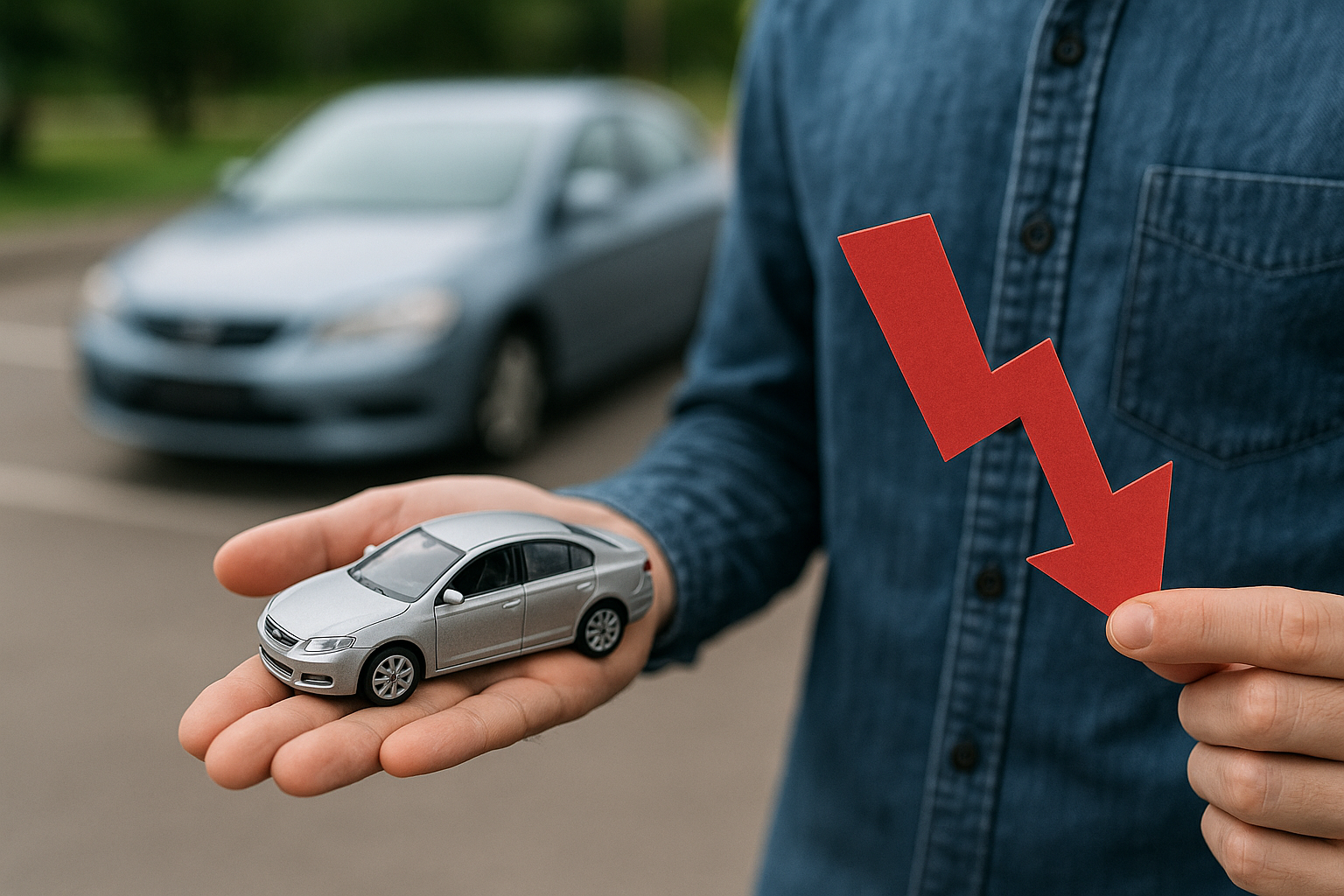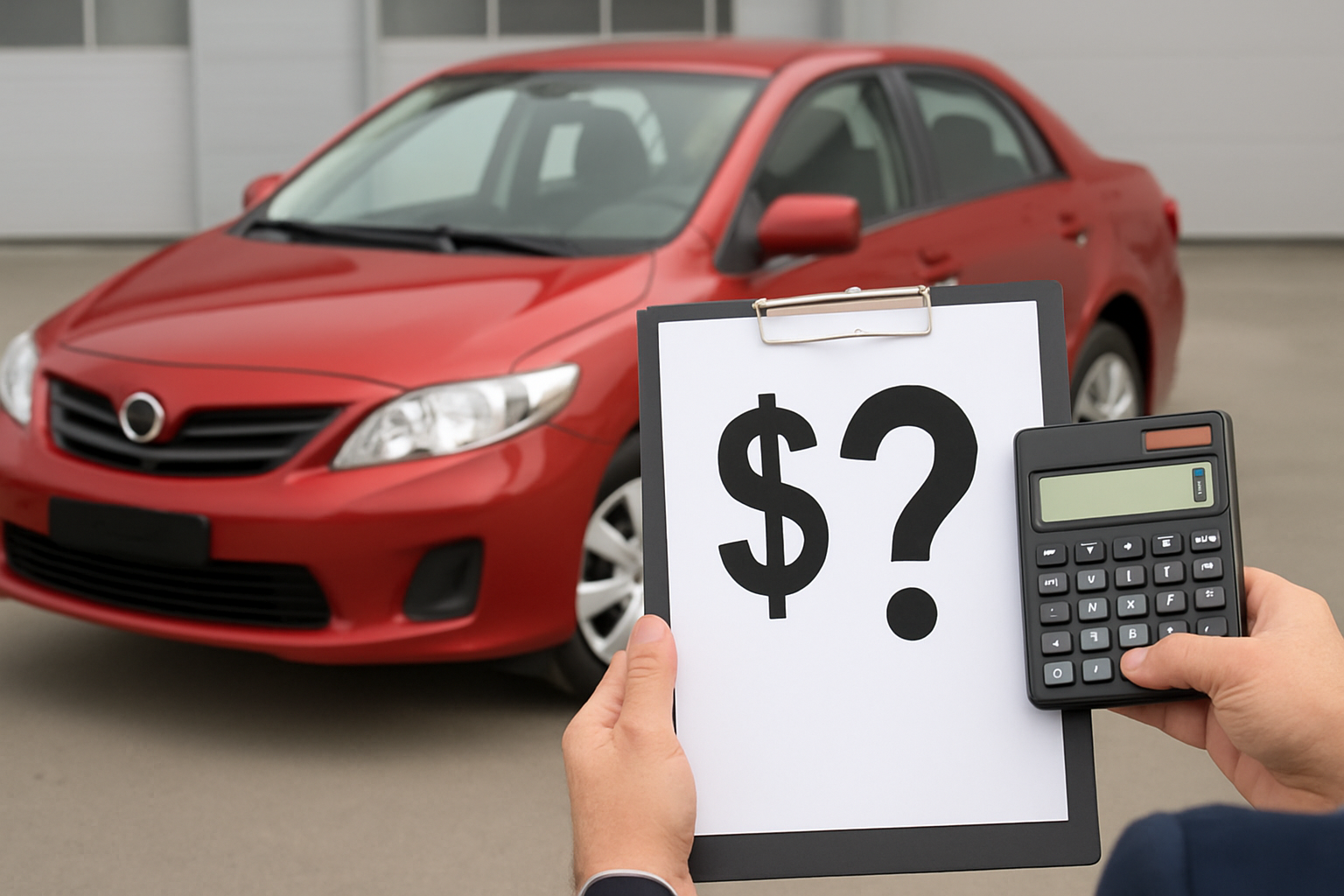Deciding to sell your car to an individual residing in a different state can be a significant decision. This guide will walk you through the essentials of how to sell a car out of state, ensuring a smooth and legal process. From understanding the paperwork required to transferring the vehicle title, this comprehensive article will equip you with the necessary knowledge to confidently engage in an out-of-state vehicle sale. You'll learn to assess your car's value accurately, interact with potential buyers, and adhere to varied state selling laws. Additionally, practical advice on avoiding scams and ensuring payment security will bolster your confidence. Armed with these insights, you'll navigate the intricacies of cross-state car sales, ensuring both parties are satisfied and legal obligations are met, making your car selling experience both profitable and stress-free.
Is Selling Your Car To Someone Out Of State a Good Idea?
Selling your vehicle to an out-of-state buyer can broaden your market and potentially fetch the best price. However, it also involves additional steps such as understanding varying state laws and ensuring all paperwork aligns with legal requirements. While the process might seem daunting, with the right preparation and knowledge, selling your car out of state can be a viable and rewarding option. For those choosing to sell their car privately, setting a competitive sales price and facilitating a test drive can significantly impact the buyer's decision. Successfully managing these aspects reassures the car buyer of their investment, enhancing the likelihood of concluding the sale favorably for the new buyer and seller.
Determining Your Car’s Value

Before you approach potential buyers, determine your vehicle's market value. Research prices of similar used vehicles, taking into account factors such as mileage, condition, and location. A well-priced car attracts serious inquiries and helps you negotiate effectively, ensuring you receive a fair sales amount for your used car. If you owe money on the vehicle, be transparent with potential buyers about any existing liens. Selling through a private party may increase your chances of getting a better deal compared to trade-in offers. However, be cautious with payment methods; accepting a personal check can be risky. Always confirm the check has cleared before transferring the vehicle to avoid any complications. This diligent approach can streamline the process and help you sell your car successfully.
Paperwork Required for Selling a Car
The paperwork required for a vehicle sale varies by state but typically includes maintenance records, the title, a bill of sale, and other relevant documents. Ensure you have all the paperwork organized and ready to present to your buyer. Detailed records and legal documents make the sale transparent and build trust with your prospective buyer. Additionally, other paperwork such as the motor vehicle registrations and license plates transfer forms must be prepared. The buyer should also provide a valid insurance card to confirm they are a licensed driver, ensuring the car sale complies with legal standards. Proper documentation safeguards both parties and streamlines the sales process, contributing to a smooth transfer of ownership.
Researching Your Local Laws and Requirements
Local laws and state requirements differ significantly when it comes to vehicle sales. Familiarize yourself with your state's laws regarding emissions testing, vehicle registration, and title transfers. Your local DMV is an excellent resource for this information. Understanding these requirements will help you guide the buyer through the process and avoid any legal pitfalls. Additionally, obtaining the buyer's license number and ensuring they are an insured driver are crucial steps. Inform the potential buyer about the necessity of temporary registration to legally drive the used car on the road in their state. This knowledge equips them to handle their obligations post-purchase and ensures that all parties comply with the law, maintaining safety and legality on public roads.
Completing Title Transfer
Title transfers are a crucial part of selling your vehicle. Both the buyer and seller must complete the title transfer application and submit it to the motor vehicles division. Make sure to fill out all sections accurately, including the odometer reading, to ensure a smooth transfer of vehicle ownership to the new owner. When the state selling the car issues a reassigned title, it signifies that the vehicle legally belongs to the new buyer. It’s important to handle the transfer tags correctly to comply with your state’s requirements. Remember, a successful title transfer is vital when you sell your car, as it releases you from liability and allows the motor vehicles department to update their records accurately, ensuring the buyer can rightfully claim ownership and use of the vehicle.
Avoiding Scams When Selling a Car to Out of State Buyer

When selling to an out-of-state buyer, take steps to avoid scams. Insist on a cashier's check or money order as the payment method, and avoid personal checks due to the risk of fraud. Confirm the buyer's driver's license and insurance information for extra peace of mind. These reasonable steps help ensure a secure transaction and protect both parties. Additionally, when selling a car out of state, it's crucial to verify the legitimacy of the buyer's intentions. Before allowing a test drive, ensure the interested party provides a valid driver's license and a current insurance card. This is essential, especially for a used car, as it confirms that the individual is legally permitted to drive and has coverage in case of an incident. This verification process is a fundamental component of selling a car safely and successfully, minimizing the risk of scams and ensuring the vehicle changes hands legally and securely.
Summary
Selling your car to an out-of-state buyer requires extra steps and attention to detail. By understanding the value of your car, organizing all the paperwork, researching local requirements, and taking measures to avoid scams, you can feel confident about the sale. With the right preparation, selling your vehicle across state lines can be a positive experience. Ensure transparent communication with the buyer and verify all their information. Finalizing the sale with the proper documentation and following your state’s legal procedures will help the transaction proceed smoothly. Embracing these practices not only secures a successful car sale but also provides peace of mind, affirming that you have taken all necessary precautions. Ultimately, with careful planning and adherence to guidelines, you can navigate the complexities of selling a car out of state and achieve a rewarding outcome.
Tips and Q&A
-
Can I Drive a Car Without Plates If I Just Bought It Out of State?
Typically, you cannot legally drive a car without plates. However, many states offer temporary tags to ensure you can drive the vehicle back to your home state legally.
-
Do I Have to Pay Sales Tax on a Car Gifted to Me in My State?
Sales tax policies vary by state. In many cases, a car gifted to you may not be subject to the same taxes as a purchased vehicle, but you should confirm with your local DMV.
-
Can I Sell a Car to a Family Member Out of State?
Yes, you can sell a vehicle to a family member living in another state. The process remains similar to selling to any out-of-state buyer, with the same requirements for paperwork and legal procedures.






